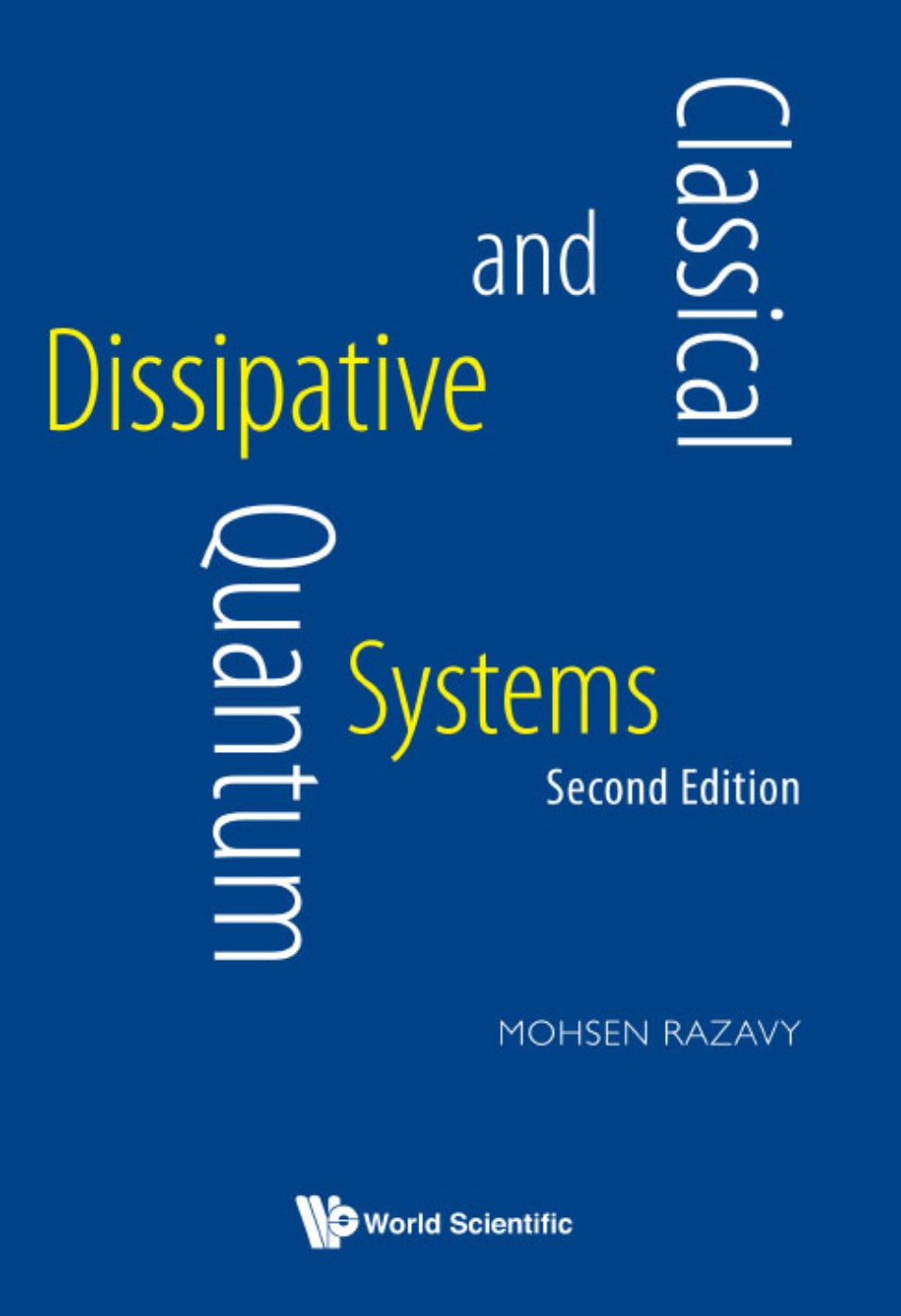
Classical And Quantum Dissipative Systems (Second Edition) PDF
592 Pages·2017·2.9172 MB·other
Most books are stored in the elastic cloud where traffic is expensive. For this reason, we have a limit on daily download.
Preview Classical And Quantum Dissipative Systems (Second Edition)
Description:
Dissipative forces play an important role in problems of classical as well as quantum mechanics. Since these forces are not among the basic forces of nature, it is essential to consider whether they should be treated as phenomenological interactions used in the equations of motion, or they should be derived from other conservative forces. In this book we discuss both approaches in detail starting with the Stoke's law of motion in a viscous fluid and ending with a rather detailed review of the recent attempts to understand the nature of the drag forces originating from the motion of a plane or a sphere in vacuum caused by the variations in the zero-point energy. In the classical formulation, mathematical techniques for construction of Lagrangian and Hamiltonian for the variational formulation of non-conservative systems are discussed at length. Various physical systems of interest including the problem of radiating electron, theory of natural line width, spin-boson problem, scattering and trapping of heavy ions and optical potential models of nuclear reactions are considered and solved.
See more
The list of books you might like
Most books are stored in the elastic cloud where traffic is expensive. For this reason, we have a limit on daily download.
